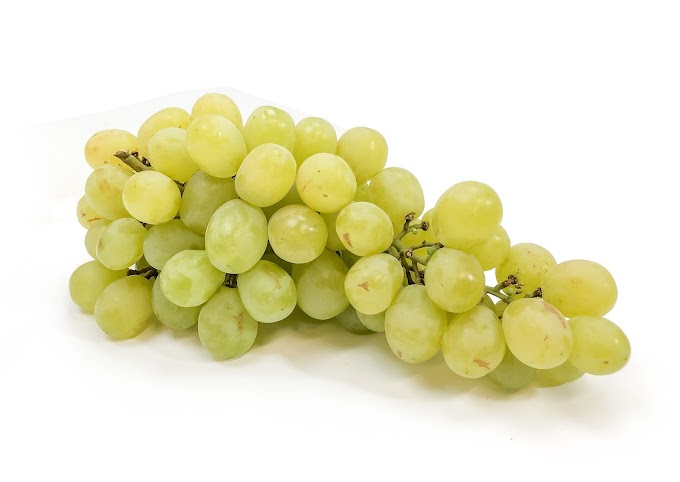In addition to its antioxidant content, beetroot is also a good source of potassium, magnesium, and iron. These minerals are important for maintaining healthy blood pressure, supporting healthy bones, and preventing anemia. Beetroot is also high in dietary nitrates, which are converted to nitric oxide in the body. Nitric oxide is a vasodilator, which means it helps to relax and widen blood vessels, allowing for better blood flow and oxygen delivery to the body's tissues. This can help to improve cardiovascular health and lower blood pressure.
Another benefit of beetroot is its potential to improve athletic performance. Studies have shown that consuming beetroot juice prior to exercise can help to boost endurance and reduce the amount of oxygen needed to perform a given task. This is thought to be due to the nitrates in beetroot, which can help to increase blood flow to the muscles during exercise. This can help to delay fatigue and improve overall performance.
Beetroot is also a great winter vegetable, as it can be easily stored and enjoyed in a variety of ways. It can be roasted, steamed, sautéed, or even eaten raw in salads. It can also be pickled or preserved, making it a versatile ingredient to have on hand during the colder months.
In addition to its many health benefits, beetroot is also a delicious and versatile vegetable that can be enjoyed in a variety of ways. Whether you're looking to boost your immunity, support cardiovascular health, or improve athletic performance, beetroot is a great choice for any winter diet. So, next time you're looking for a nutritious and tasty vegetable to add to your meals, be sure to give beetroot a try.


.png)


.jpg)
.png)
